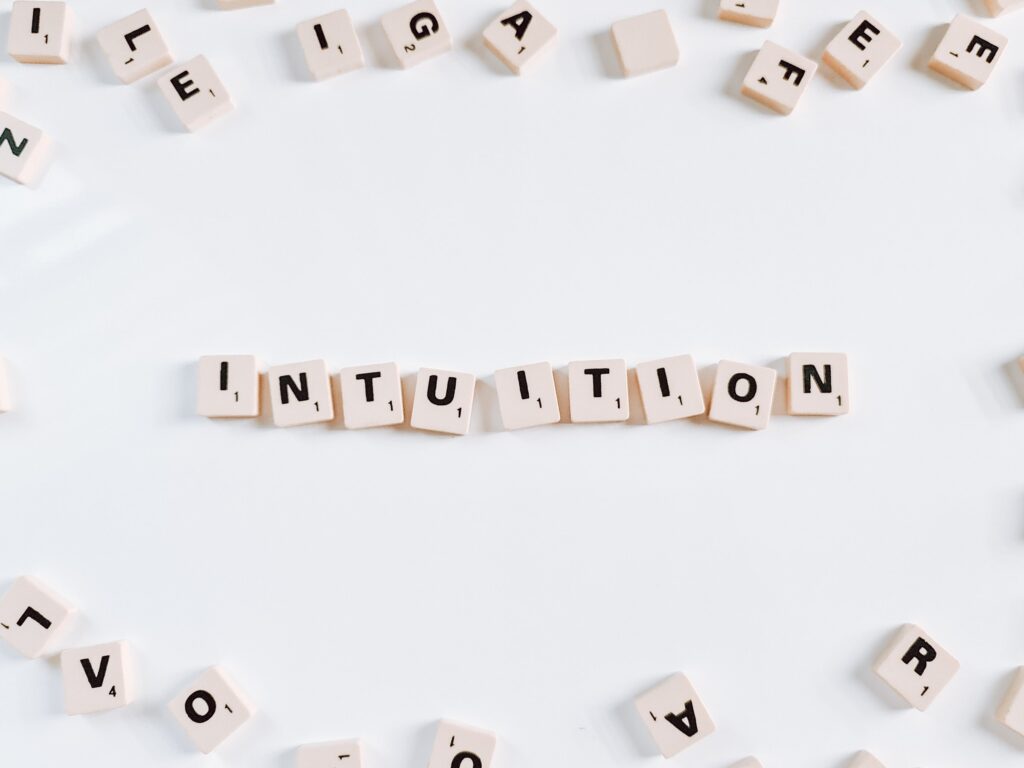
Your intuition can help in decision making. Decision-making is simply a process of choosing between two alternatives. But whether you are making a decision at a personal level or professional level or personal level, making a decision is seen to be tough, as we have to weigh the pros and cons, analyze the situation from different angles and then make a decision. It is a tedious process and takes a lot of effort to analyze all aspects.
Every day we make several insignificant and inconsequential decisions such as choosing a dress to wear or deciding about a meal to order at a restaurant. Such trivial decisions are not seen as difficult, rather these are fun to make decisions because there is less risk of loss and a greater probability of satisfaction. However, decision-making gets tougher when the stakes are higher, such as when deciding about a new job or moving to a new house or etc. Such high-risk decisions call for a higher level of involvement. Our mind goes through a comprehensive process of analyzing the situation.
There is a general perception that good decisions are based on rationality and logic. The principal assumption is that when reasoning is based on facts and figures to make a decision, the outcome is likely to be favorable. Untapped intuitive potentials keep the emotions away, from being involved in decision-making process. However, this is not always the case! Despite the general notion that high-risk decisions should be made by using the brain and not by heart, gut feelings or instincts have been proven to play a pivotal role in guiding us to the right track. intuition is the ability to have a grasp on a situation or information without the need for conscious reasoning.
“Trust your instincts, and make judgments on what your heart tells you. The heart will not betray you.” ― David Gemmell, Fall of Kings
Intuitive decision-making requires the use of the ‘sixth sense’ to gather information, which is often seen as opposed to logical or rational thinking, which is decision making is based on proper reasoning, analytics, facts, and a step-by-step process to come to a decision. When the decision is taken on the basis of intuition, more weightage is given to a kind of inner conviction about something being right without any prior consideration or reflection.
Many situations require decisions to be made with incomplete and/or insufficient information. Often management requires quick decision-making or judgments made under pressure. In this context, intuitive decisions are more effective. It also gives a person edge over others as intuition guides the aspects that other individuals may miss.
“The essence of wisdom is in knowing that one does not know, in the appreciation that knowledge is fallible, in the balance between knowing and doubting.” – The Loss of Wisdom (Meacham, 1990)
Knowing how and when to combine rational and intuitive approaches is essential for effective decision-making. It is important to use judgment, intuition, experience, and knowledge altogether while making any decision. However, it has been proven time and again that successful people, such as Steve Jobs and Albert Einstein, have based their decision on their gut feelings.
So, let your intuition be the guide of your journey!

Very good write-up. I definitely appreciate this site. Keep writing!